By Calvin Sim, Senior Physiotherapist, Back2Sports
In sports like rugby, soccer, hockey and even netball, head injuries leading to concussions are fairly common. Concussion is defined as a disruption of normal function and normally resolves in 24 hours. Concussion normally arises either with a clash of heads or when the head bounces off the ground. As the brain is "floating" in the cerebral fluid within the skull, the sudden, quick movement of the head could cause the brain to move and come in contact with the skull. If the impact is hard, it may cause bruising of the brain, leading to a concussion.
Signs and Symptoms of Concussion
Depending on the extent of the concussion, the signs and symptoms may vary:
In a mild concussion,
- No loss of consciousness
- Slight confusion (i.e. disorientation to either time, date, space, location)
- Inability to recall what just happened
- Either ringing in ears or slightly hard of hearing
- Slight headache or nausea
- Pain over area of contact
In a moderate concussion,
- Loss of consciousness for less than 3mins
- Confusion (commonly unable to recall date and location)
- Inability to know what's happening
- Inability to track movement
- Reports loud ringing in ear
- Delayed vomiting
- Moderate headache
- Pain over area of contact or even in other areas of the head not involved in contact
- Loss of balance
In severe concussion,
- Loss of consciousness for more than 3mins
- Confusion for more than 5mins.
- Loss of memory of events before incident
- Immediate vomiting, severe headache and ringing in ear
- Possible increase in heart rate and drop in blood pressure.
Normally, it's advised for anyone to observe for these symptoms for at least the first 24 hours following the incident. In certain cases, these signs and symptoms may arise up to 72 hours post-injury so close monitoring maybe required. If an athlete has 2-3 bouts of mild to moderate concussion in a season, they are normally advised to retire from the season and even possibly to retire completely if they have had 2 bouts of severe concussion. There are times where these symptoms may persist for up to a year or more. In these cases, they are classified as having post-concussion syndrome.
Post-Concussion Syndrome
Post-concussion syndrome would include symptoms like headache, disorientation, sensitivity to light and/or sound, difficulty with attention and memory, anxiety and in some cases, depression. It has been documented that these symptoms normally peak at about 4-6 weeks post-incident and some have been reported to last for years.
Management of Concussion
The best way to manage concussion is rest. Complete rest for about 1 week would normally be recommended. Return to sports would be allowed if the athlete remains symptom-free during the duration of rest. The return to sport has to be gradual and closely supervised by a physiotherapist or physician. However, if the concussion is a repeated incident, then the athlete is required to stay symptom-free for a month before returning back to sports.
In the next article, we will cover the on-field management of concussion and head injuries.
Back2Sports – Sports Injury Management is a division of the Core Concepts Group, a leading musculo-skeletal therapy specialist group in Singapore. Back2Sports is the Official Physiotherapist for the Pre-Olympic Water Polo Invitational organised by Singapore Water Polo and Australia Water Polo Inc.

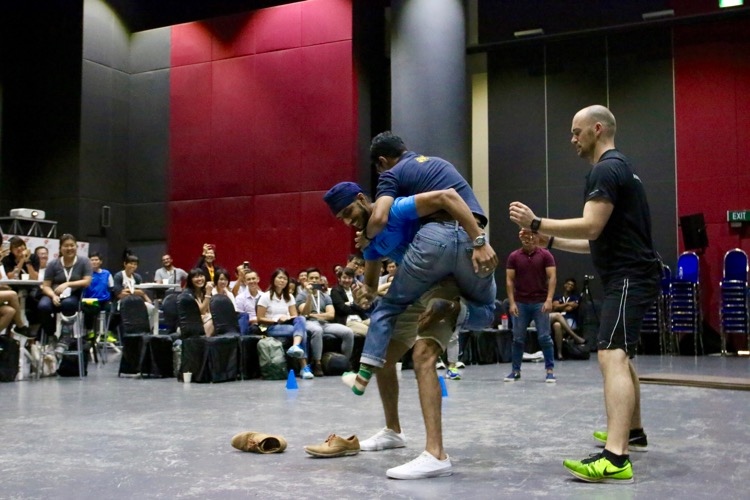

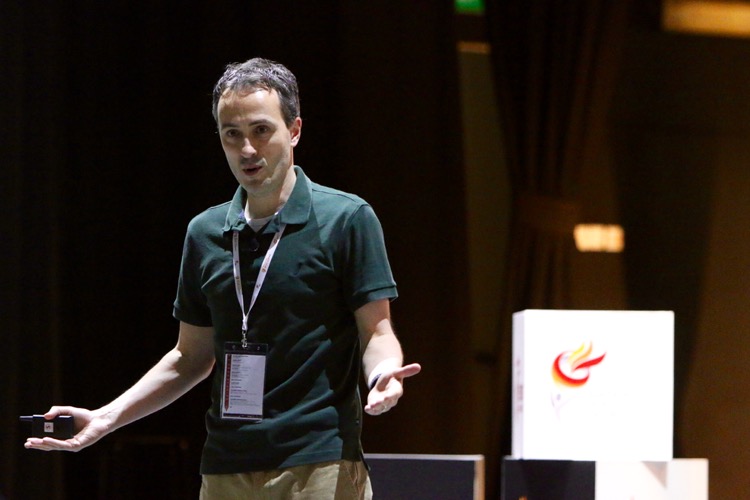
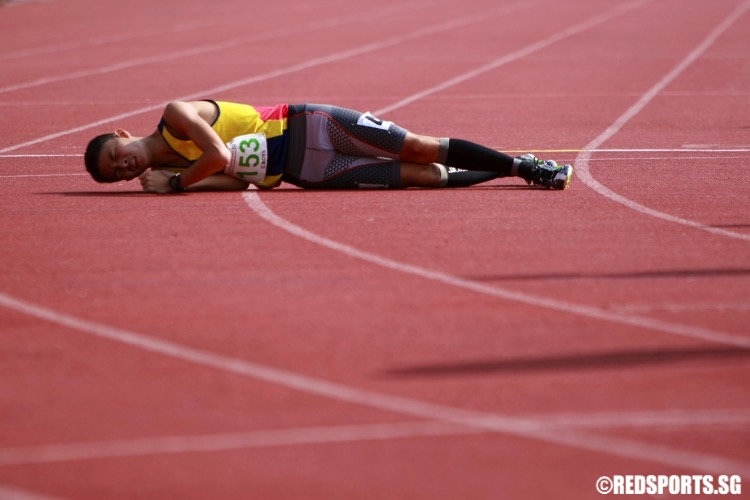
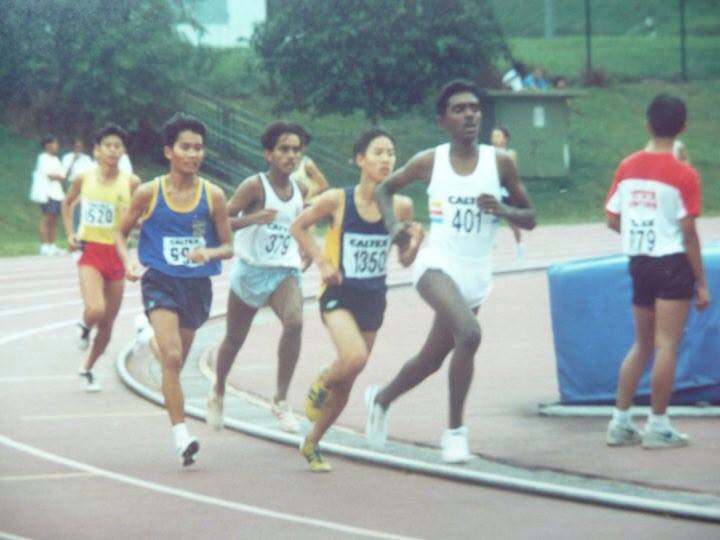
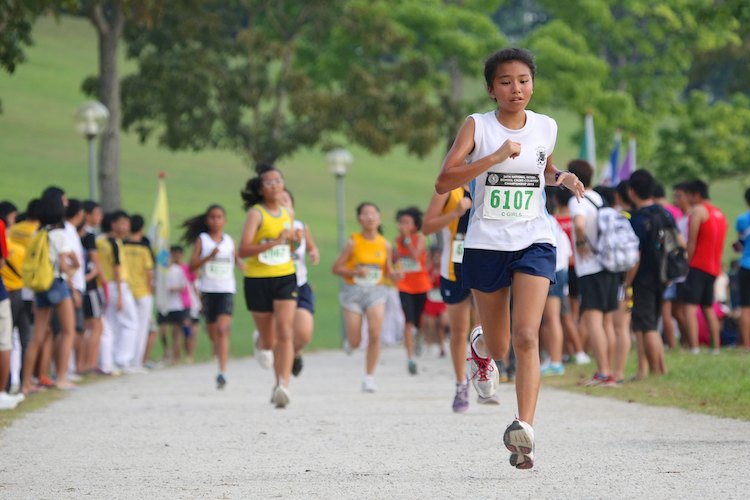
there is physical contact b/w players, such as during tackles or when challenging aerial balls
how is soccer a contact sport.